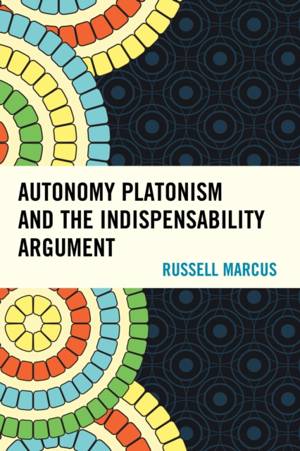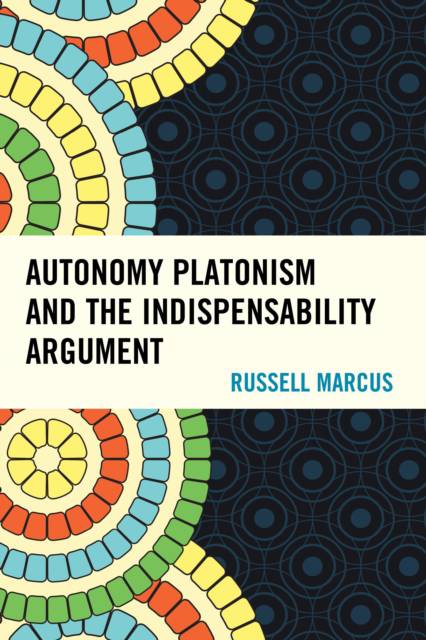
- Retrait gratuit dans votre magasin Club
- 7.000.000 titres dans notre catalogue
- Payer en toute sécurité
- Toujours un magasin près de chez vous
- Retrait gratuit dans votre magasin Club
- 7.000.0000 titres dans notre catalogue
- Payer en toute sécurité
- Toujours un magasin près de chez vous
Description
Mathematical platonism is the view that mathematical statements are true of real mathematical objects like numbers, shapes, and sets. One central problem with platonism is that numbers, shapes, sets, and the like are not perceivable by our senses. In contemporary philosophy, the most common defense of platonism uses what is known as the indispensability argument. According to the indispensabilist, we can know about mathematics because mathematics is essential to science.
Platonism is among the most persistent philosophical views. Our mathematical beliefs are among our most entrenched. They have survived the demise of millennia of failed scientific theories. Once established, mathematical theories are rarely rejected, and never for reasons of their inapplicability to empirical science.
Autonomy Platonism and the Indispensability Argument is a defense of an alternative to indispensability platonism. The autonomy platonist believes that mathematics is independent of empirical science: there is purely mathematical evidence for purely mathematical theories which are even more compelling to believe than empirical science.
Russell Marcus begins by contrasting autonomy platonism and indispensability platonism. He then argues against a variety of indispensability arguments in the first half of the book. In the latter half, he defends a new approach to a traditional platonistic view, one which includes appeals to a priori but fallible methods of belief acquisition, including mathematical intuition, and a natural adoption of ordinary mathematical methods. In the end, Marcus defends his intuition-based autonomy platonism against charges that the autonomy of mathematics is viciously circular. This book will be useful to researchers, graduate students, and advanced undergraduates with interests in the philosophy of mathematics or in the connection between science and mathematics.
Spécifications
Parties prenantes
- Auteur(s) :
- Editeur:
Contenu
- Nombre de pages :
- 260
- Langue:
- Anglais
Caractéristiques
- EAN:
- 9780739173121
- Date de parution :
- 11-06-15
- Format:
- Livre relié
- Format numérique:
- Genaaid
- Dimensions :
- 160 mm x 229 mm
- Poids :
- 498 g

Les avis
Nous publions uniquement les avis qui respectent les conditions requises. Consultez nos conditions pour les avis.






